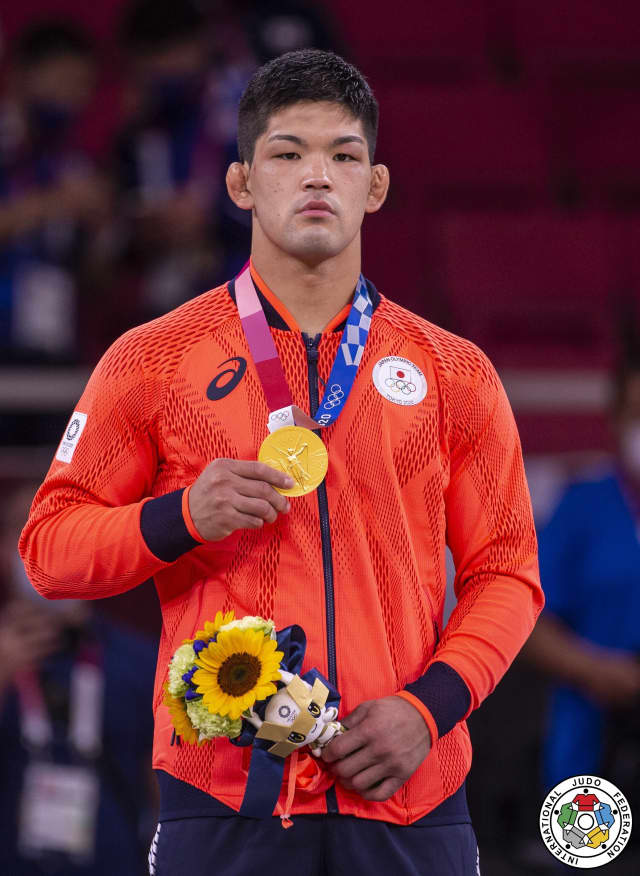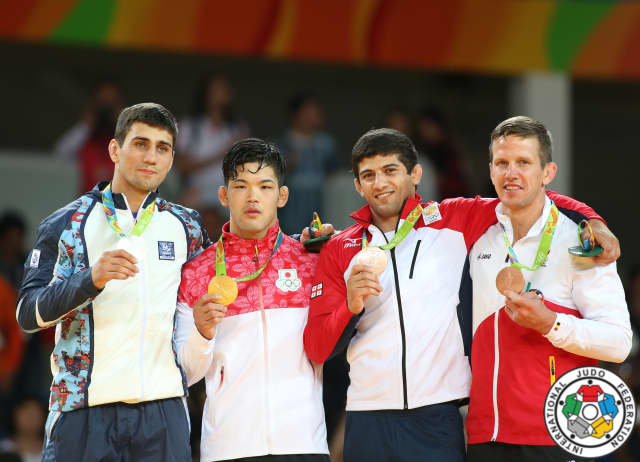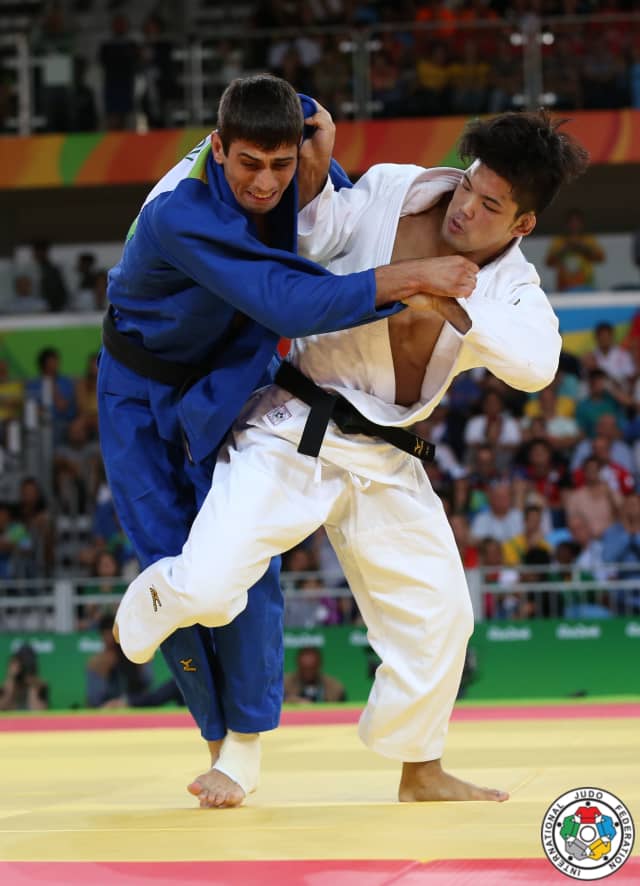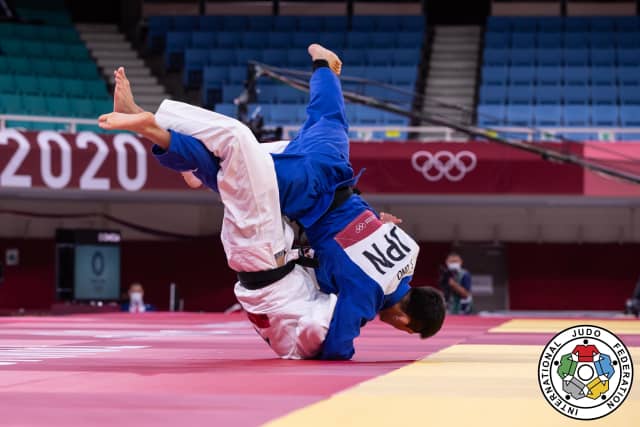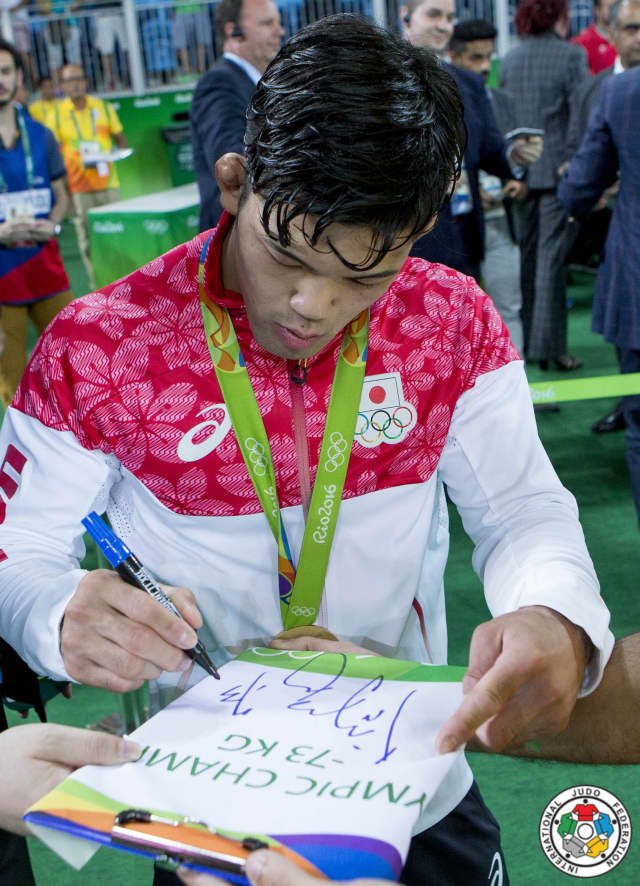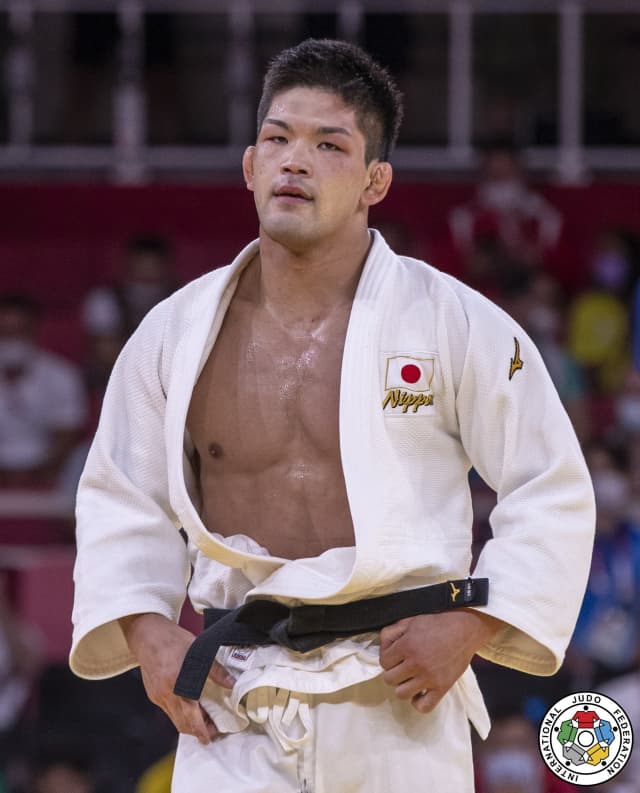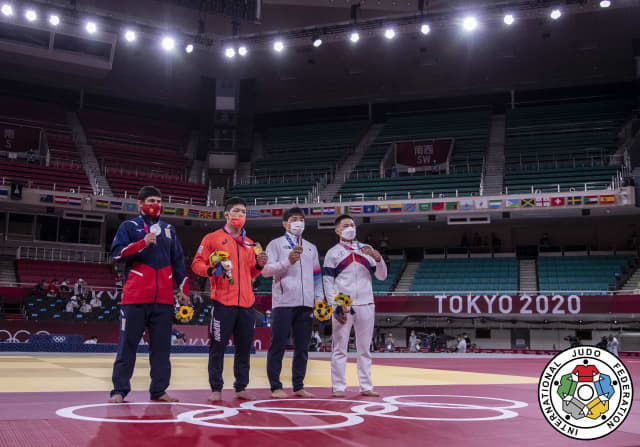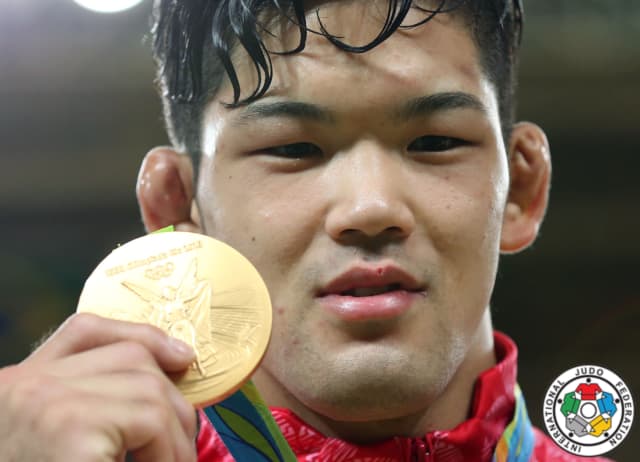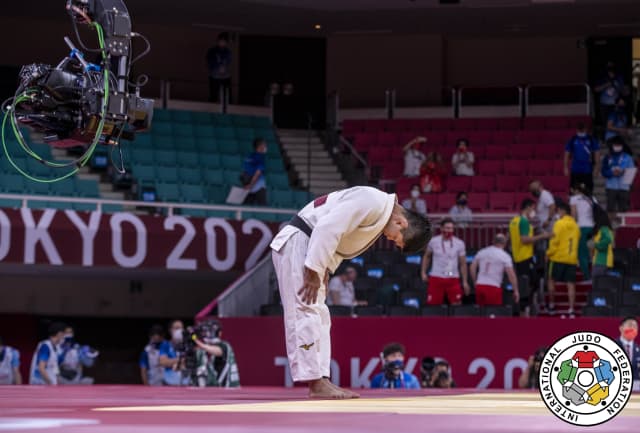We introduced the statistics, the almost impossible feat and the question in our first article in the series, which can be found here:
https://www.ijf.org/news/show/151-olympic-champions-tokyo-to-tokyo
A reminder of the question:
It could be said that to be in the company of an Olympic judo champion is to be presented with someone whom has reached an absolute pinnacle, a ceiling which cannot be surpassed; there is nowhere further to ascend in the world of sport. We often find Olympic champions speaking with freedom and certainty, unafraid to share an opinion, speaking of their lives and paths with confidence. For many we feel there is peace, and that can be magnetic and inspiring.
So the question is, did they become Olympic champion because of that character or did they become that person having won the Olympic gold medal?
“I was 7 when I started judo and I was not strong. I was small. I was crying every day in practice. I didn’t like judo! There were injuries and my body felt broken a lot. All opponents threw me; practice was very hard. In elementary school I began to like judo through making some good friends and having positive relationships.
Then I went to Tokyo for junior high school, Setagaya Junior High, a prestigious place, following my older brother there; he is two years older than me. This meant moving away from my home town and away from my parents, at 12 years old. I was living in a judo dormitory at the school and the dojo was in the dormitory. In the morning we could get up and practice. Getting back from school we could practice.”
Setagaya has an incredible list of alumni, including:
*Toshihiko Koga, Barcelona 1992 Olympic champion, 1991 and 1995 world champion
*Hidehiko Yoshida, Barcelona 1992 Olympic champion
*Daisuke Hideshima, 1995 world champion
*Makoto Takimoto, Sydney 2000 Olympic champion
*Yasuyuki Muneta, 2001 and 2003 world champion
*Hiroshi Izumi, 2005 world champion
“There were so many champions coming from this school. Muneta, Izumi and Takimoto would often come back to train with us. I was doing randori particularly with Takimoto. Not long after I arrived there, I was training with him and he applied shime-waza and I blacked out. All the training was very hard and I thought maybe I would leave to go back home soon.
Maybe it was crazy to continue but it was a very big opportunity. My older brother was there and so I was influenced by that. Actually, I did judo thanks to him. Also, if I would go back home maybe my brother would have a difficult time and it would bring a great deal of shame for him. My pride, a sense of duty and also respect for my brother made me stay. I could not go back home. I thought that if I am going to stay at Setagaya then without having a choice it would make me strong. Every day we had the chance to do randori with world champions. That was great."
"I was there for 6 years, through to the end of high school, 3 years in junior high and 3 years in the high school. Setagaya’s dojo is called Kodogakusya and is very famous in Japan. This dojo is no longer open, I was one of the last to graduate from there. It was really a crazy place.
During my junior high school years, I developed the goal to become Olympic champion. We always met so many champions there and they told me about their champion mindset. I didn’t have that mindset then but I learned. I didn’t have power or results either and learned to achieve those too."
"For background, the dojo came about through very special circumstances. After Anton Geesink won the heavyweight category at the 1964 Olympic Games, a rich businessman called Yokochi, owner of a successful painting business, paid to build the dojo. He was a judoka and loved judo. Because Geesink won, he was worried about Japanese judo and wanted to do something to contribute to judo’s improvement in the country.
Once I graduated from Setagaya, I went to Tenri University. I still didn’t like judo so much but I was working very hard every day. I must work hard, it was the only possibility. At Tenri, mornings were often for running or other physical activities and evenings were for judo training, with a lot of randori. I would train usually 3 times per day. Hard work made me strong.
At both Setagaya and Tenri I learned orthodox judo, the traditional way, they were similar in style; the old style, like the 1964 Olympic judo style. Mr Yokochi wanted this style to be taught. There was also a very strong judo culture at both places. In 1964 we lost the heavyweight title so this was like all of Japan lost something. Tenri was connected with the new dojo at Setagaya and therefore there was that deep connection right through from junior high school, a connection to the feelings from 1964."
"I learned about Japanese judo history, the Tenri history and the cultural depth of judo. I’m an orthodox judoka because of that through line and I really knew I must win at the next Tokyo 2020 Games, sort of to make up for the loss at the Tokyo 1964 Games. It was my duty having come through that system. If I lost in Tokyo I would have lost everything. Had I lost I would have no me! It was a very strong decision that I made. I became part of it all. Tokyo was the most important thing for me and that was also partly because I am the last student from that place and also had the Tenri path. I had to do it.
Rio 2016 was important but Tokyo was the goal. There was so much pressure and I was nervous but I had to win to complete the mission. I was team captain. Inoue Sensei was the head coach and he said, “Ono must win.” He told me I must win both 2016 and 2020. I appreciated his words, so I must win Tokyo; deep, deep reasons. From my home dojo, to the judo Olympic history, to Setagaya, to Tenri, to my Japan head coach, all of it was linked."
"Judo matches are simple. On the mat I am alone even if I have thought about my family a lot leading up to my fights. I need to have a strong heart and mind for myself. It’s simple, I want to win.
Other judoka want to win only and by that I mean that they want to be Olympic champion too but I must keep winning for all the reasons I explained and for all this history. It is a deeper way.
Actually my mission was to always win, not just in Tokyo. It’s a hard mission and I had to live up to it. All together the history and my personal mission made me strong. I think I am a special judoka because of all these reasons. I study, learning about culture and history, not just practical judo. Randori is very important too but there are other important things, which I had. I hope children learn from me that the rei, the techniques, behaviour, mindset, all are important, not just the judo we see in competition."
"I believe that if people start judo with the right attitude, they will be a good person. Strong or weak in the beginning is no problem. We do sport, whether we come first or second or last. To be in first place is not simply enough; we must also understand culture, behaviour and history. We must know many things to really be the right kind of champion.”

